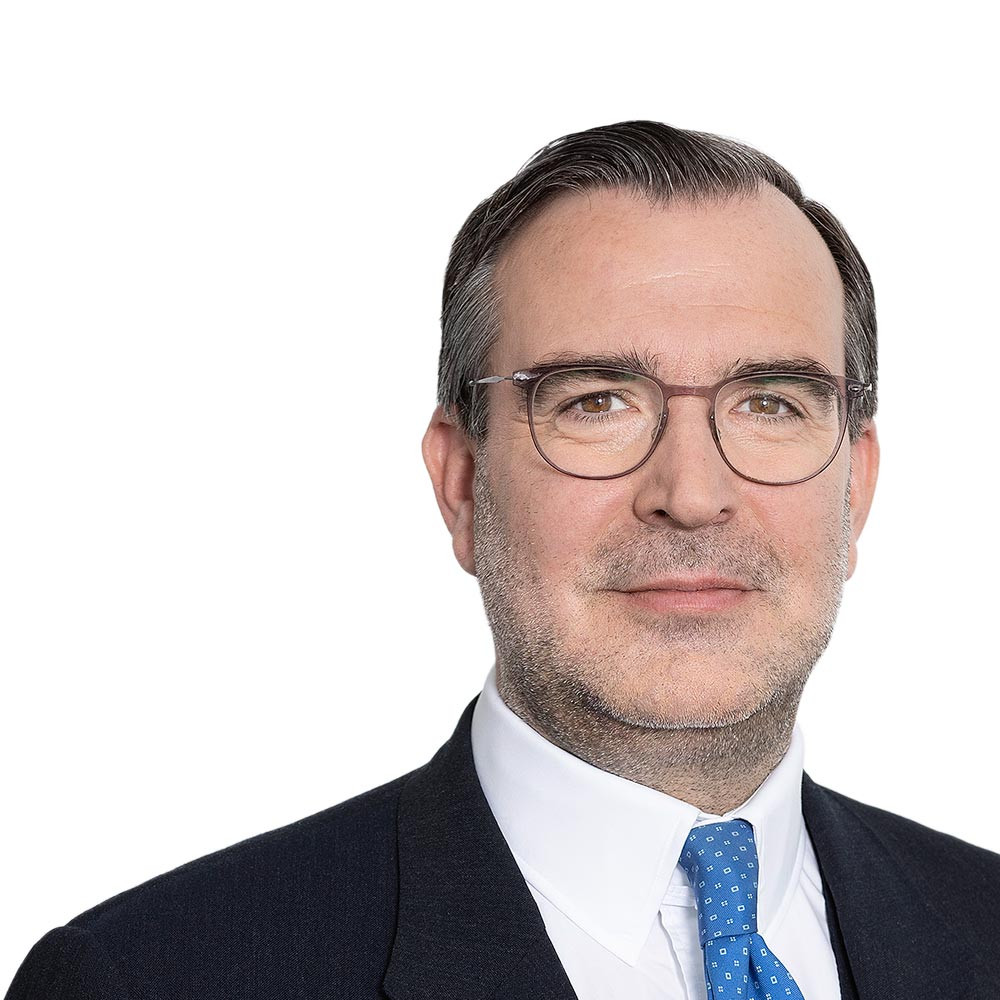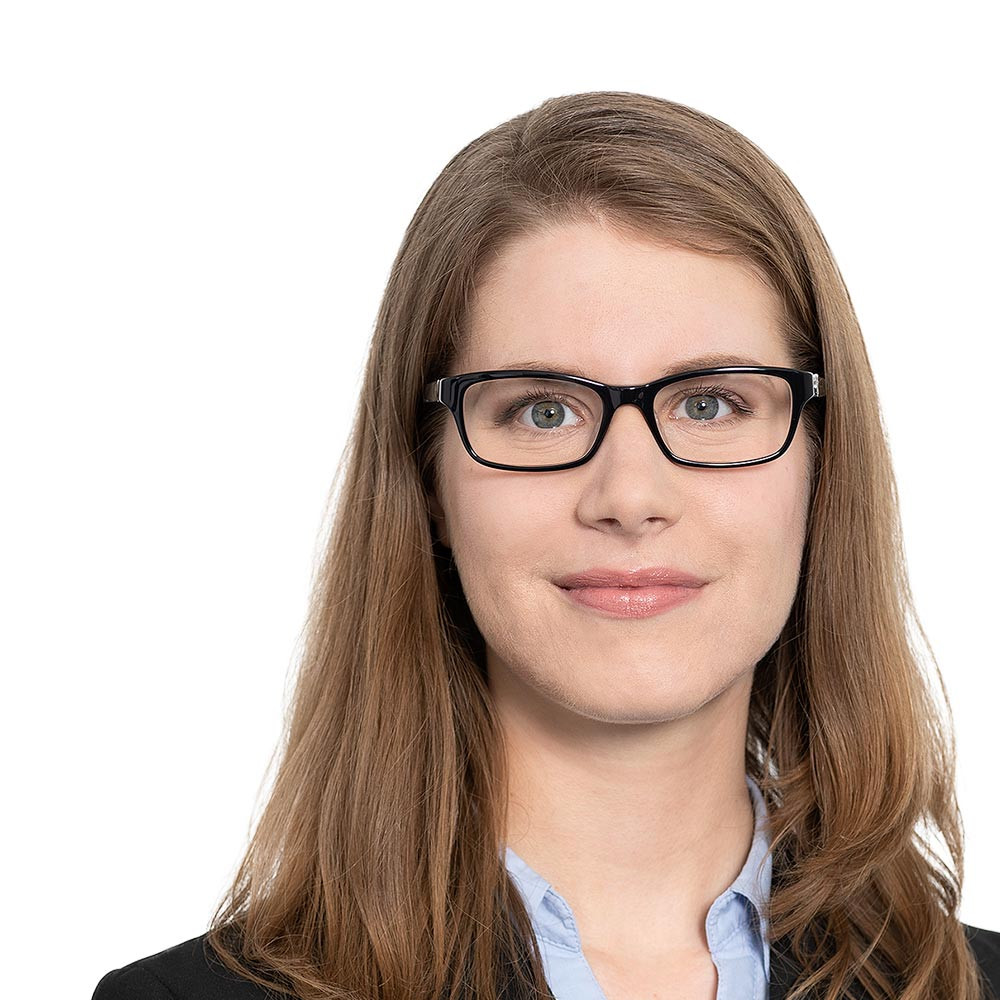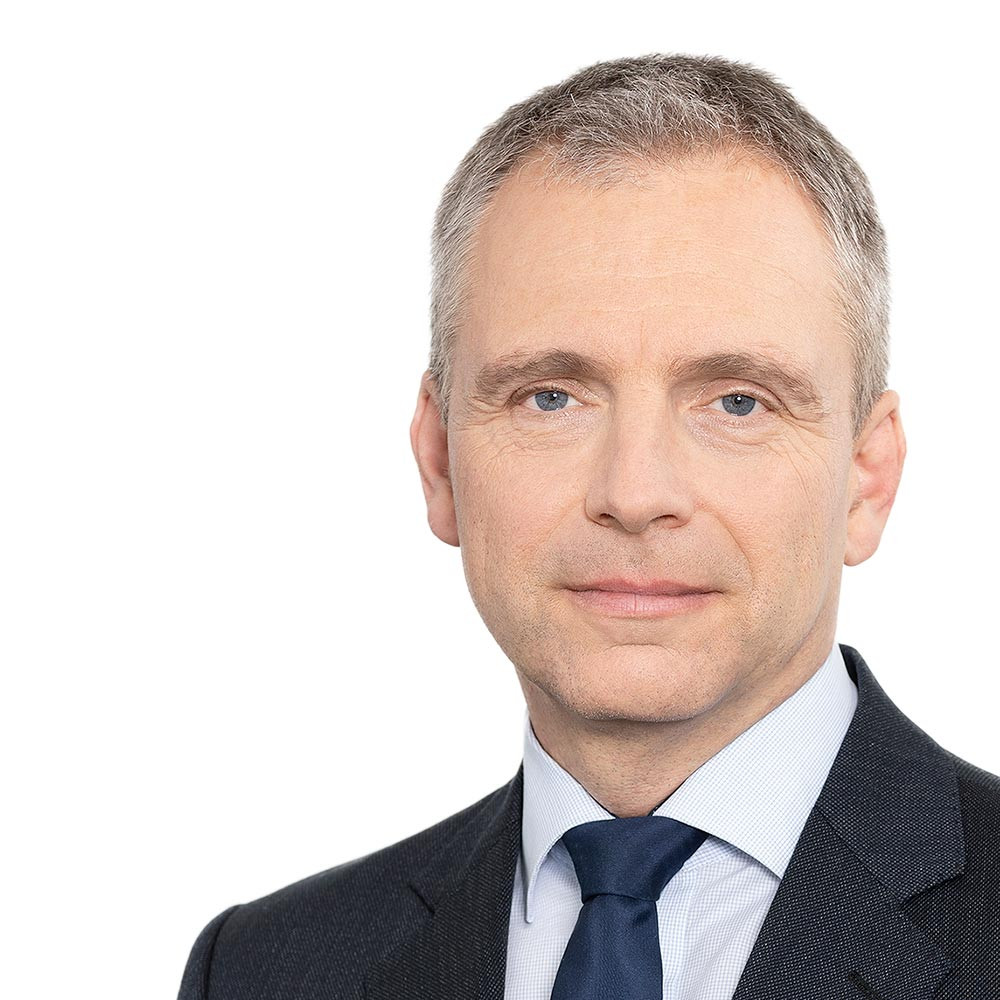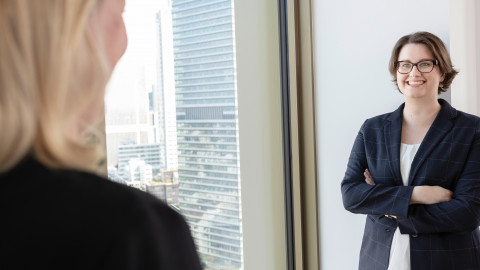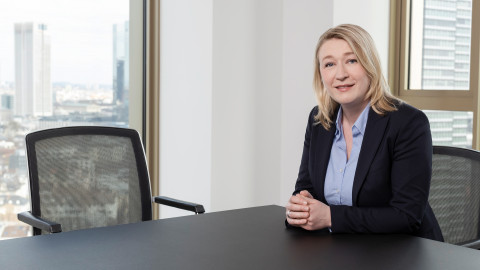- European top managers waive parts of their compensation due to the current Corona crisis
- CEO compensation of STOXX companies for the financial year 2019 remains at last year’s level
- Switzerland stays at the top of the compensation ranking for CEOs and chairpersons in Europe
hkp/// group analysis of “Executive and Non-Executive Director Compensation in Europe 2019”
Frankfurt, June 4, 2020. In light of the current economic crisis, top managers of Europe’s leading publicly listed companies are assuming their social responsibility and taking pay cuts to demonstrate solidarity. Around one third of STOXX companies have already announced that their CEOs are waiving or donating a portion of their compensation. As a result of such waivers as well as compensation limits due to government support measures, and – above all – performance-related reductions in variable compensation, the compensation of European top managers will decline significantly in the current financial year 2020.
In contrast, CEO compensation in the previous financial year remained largely stable. With an increase of 0.5%, the average CEO direct compensation of STOXX companies stayed at around EUR 6 million. In this year’s ranking of top compensation levels, the CEO of Linde ranks first with EUR 16.5 million. The highest pay levels for CEOs by country are once again reported in Switzerland – a picture that is even more striking in the case of chairpersons. Here UBS leads the ranking with EUR 4.4 million, followed by Roche, Novartis und Nestlé – three other global companies with headquarters in Switzerland. In contrast to CEOs, the average total compensation of chairpersons in STOXX companies fell by 9% to around EUR 800 thousand.
These are the findings of the analysis on “Executive and Non-Executive Director Compensation in Europe 2019”, conducted by the management consultancy hkp/// group. The assessment is based on information concerning the compensation of top management published in the current annual reports of companies listed in the STOXX® Europe 50 and EURO STOXX 50® indices. At the European level, only the multi-year variable incentives granted instead of paid out in 2019 are taken into consideration. Due to different disclosure practices, pensions and fringe benefits have also been excluded from the analysis.
“While in 2019 we see a relatively homogeneous picture of CEO compensation across Europe, the figures for financial year 2020 will be very different depending on how companies are affected by the current economic crisis and will in any case be significantly lower,” says hkp/// group Managing Partner Michael H. Kramarsch. The corporate governance expert understands the internationally implemented voluntary waiver of compensation in the current financial year as a message to employees, investors and society: “In economic terms, reductions in compensation by top management are a drop in the ocean but have a strong symbolic value. This sends a signal: In this crisis we are all in the same boat!”
CEO compensation: 2019 compensation levels stable; for 2020 changes expected
In the previous year, the CEO of Anheuser-Busch InBev received a direct compensation of EUR 32.7 million due to a special stock option plan, making him the top of the STOXX ranking. By contrast, the peak value in 2019 dropped significantly: Linde takes the first place with EUR 16.5 million, followed by Roche (EUR 13.0 million) und UBS (EUR 11.0 million). The lowest CEO compensation among STOXX companies is paid by Orange and ENGIE with EUR 1.9 million and EUR 1.7 million, respectively. With the second highest compensation among German companies after Linde, the CEO of Volkswagen ranks fifth in this year's STOXX ranking, with around EUR 9.8 million in direct compensation.
The compensation ranking in the US (Dow Jones Industrial Index) is led by the CEO of Intel. His compensation of around EUR 59.5 million is more than six times that of the CEO of Apple (EUR 9.5 million), who is last in this ranking. The average CEO direct compensation in the Dow Jones Industrial Index (EUR 19.8 million) is more than three times the European average.
Fig. 1: Top 10 highest-paid CEOs in Europe in 2019, in k EUR
In view of the industries, the highest CEO direct compensation continues to be paid in the health care and consumer goods industries. Due to European regulatory requirements, compensation in the financial industry shows the highest proportion of base salary. It currently stands at 34%, which is significantly above the average of all industries (27%).
“The current crisis will help companies in the IT & technology sector, which were characterized by rather moderate CEO compensation levels in the past, catch up significantly – both in Europe and in the US. On the other hand, in view of the Corona crisis, we already see reductions in CEO compensation for financial year 2020 in one third of STOXX companies in the consumer goods industry. The industry-specific compensation levels will therefore change significantly next year”, predicts Verena Vandervelt, hkp/// group compensation expert.
Compensation waivers, governmental requirements and declining performance
In light of the current COVID-19 crisis, 31% of STOXX companies already announced pay cuts or donations by their CEOs in order to demonstrate social responsibility and solidarity with affected employees. For the financial year 2020, such reductions have been reported in nearly all countries and industries – except for the health care and technology & telecommunications sectors, which are less affected by the crisis. According to an analysis conducted by hkp/// group, the reductions mainly relate to base salary and – at around a quarter of the companies affected – also to annual variable compensation.
“Due to a foreseeable critical economic development, we will see – in addition to the announced reductions in CEO compensation – further waivers and compensation limits as a result of government support measures”, states hkp/// group Managing Partner Michael H. Kramarsch. However, he also refers to the professionalization of compensation systems in recent years, which – due to the underlying pay-for-performance logic – will lead to significantly lower variable compensation in 2020. “If there was any need for a litmus test for professional compensation systems for top managers, the COVID-19 pandemic would be the perfect one", believes the corporate governance expert.
Supervisory Board compensation: Stable at the top
After an increase in the previous financial year, the STOXX Supervisory Board compensation fell again in 2019 – by around 9 % to EUR 800 thousand. As in previous years, Swiss companies lead the European ranking by a clear margin: UBS (EUR 4.4 million), Roche (EUR 4.0 million), Novartis (EUR 3.4 million) and Nestlé (EUR 3.1 million). These traditionally high compensation levels in Switzerland are partly due to the country’s corporate governance model: Swiss chairpersons are generally assigned with major responsibilities and thus often require a full-time commitment to fulfil their role.
Volkswagen’s chairperson, the first German representative in the ranking, takes the 11th place with a total compensation of around EUR 926 thousand. The lowest compensation levels are paid by LVMH (EUR 90 thousand) and Kering (EUR 67 thousand) – figures that are far below the European average. “The relatively low compensation levels at the bottom of the ranking can also be explained by governance aspects. The chairpersons of LVMH and Kering – as well as chairpersons of two other STOXX companies in the Bottom 10 – are also CEOs of their companies and receive additional compensation for that role. For historical reasons, this constellation is often found in French companies, but is increasingly being abandoned in order to achieve better corporate governance standards,” summarizes hkp/// group Manager Verena Vandervelt.
Fig. 2: Top 10 highest-paid chairpersons in Europe in 2019, in k EUR
Background information on the analysis
The hkp/// analysis of “Executive and Non-Executive Director Compensation in Europe 2019” evaluates the compensation of top managers in 71 companies from eleven countries which are listed in the main European stock indices – STOXX® Europe 50 and EURO STOXX 50®. The analysis is based on data from annual reports for the financial year ending in 2019.
